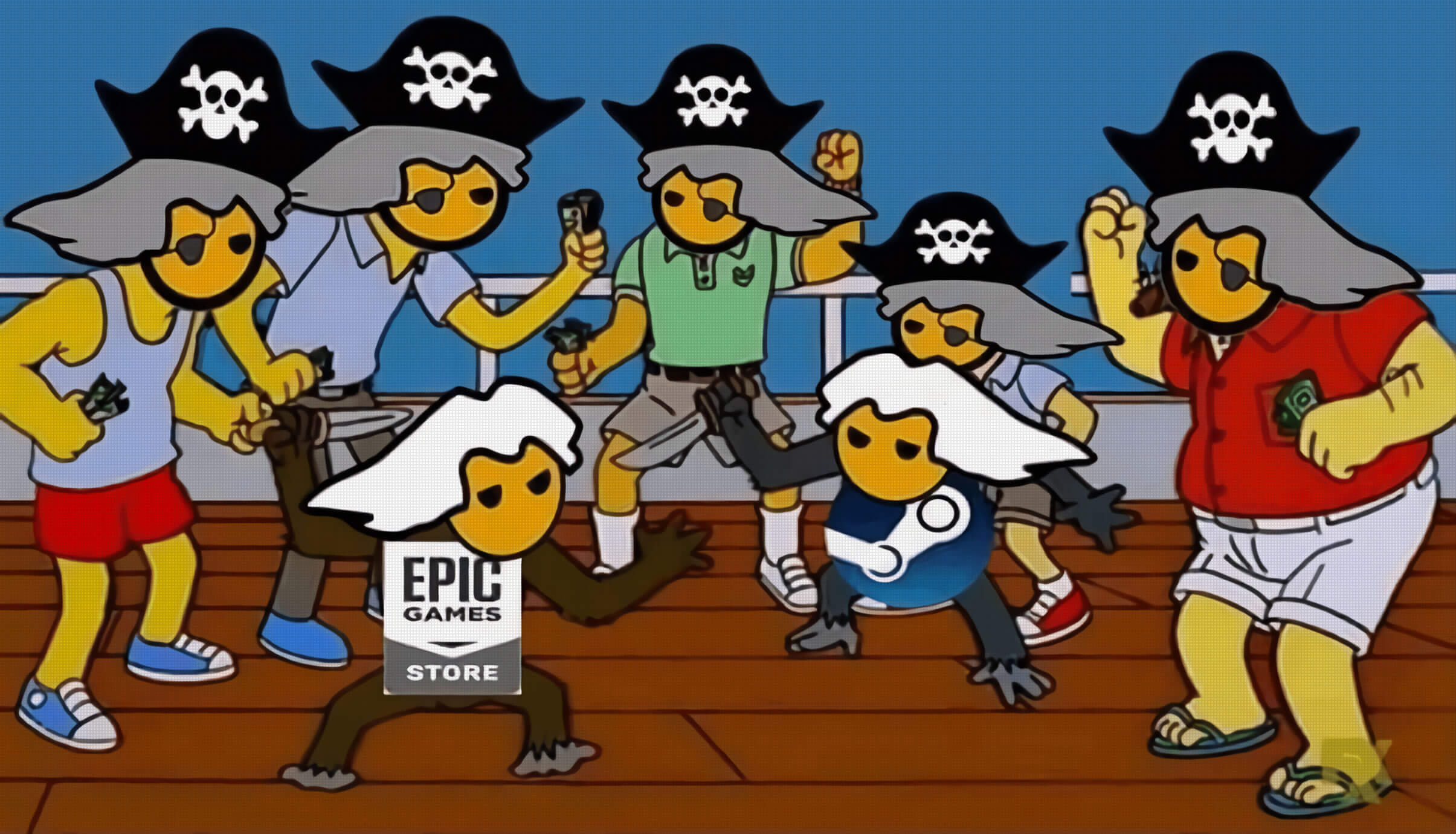Epic Games and Steam have been facing off for months now, and things have gotten pretty cutthroat. Epic has convinced multiple developers to yank their upcoming (sometimes highly-anticipated) games from Steam in favor of timed Epic Games Store exclusivity, and the company doesn't appear to be stopping that trend anytime soon.
Now, in an attempt to cast Epic as the benevolent side in this platform war, the company's CEO – Tim Sweeney – has published a tweet promising a "retreat from exclusives" if Steam drops its 30 percent revenue cut to match Epic's 12 percent "without major strings attached."
Sweeney says such a move, if it occurred, would be a "glorious moment" in the history of PC gaming, adding that the effects would likely radiate to other digital distribution platforms, such as Ubisoft's Uplay, EA's Origin, or even CD Projekt Red's Good Old Games.
If you're wondering why Sweeney would make such a decision, you're probably not alone. For better or worse, Epic Games Store exclusives appear to be working. Users who desperately want to purchase some of the hottest upcoming games, such as Borderlands 3 or Obsidian's upcoming sci-fi RPG The Outer Worlds, will have no choice but to use Epic's platform.
If Steam committed to a permanent 88% revenue share for all developers and publishers without major strings attached, Epic would hastily organize a retreat from exclusives (while honoring our partner commitments) and consider putting our own games on Steam.
--- Tim Sweeney (@TimSweeneyEpic) April 25, 2019
As such, the store's user numbers have likely grown quite a bit already, and will probably continue to do so in the coming months. In short, Epic has no real incentive to stop pushing for exclusives. So, again, why would Sweeney make this promise?
It's tough to say for sure, but we can speculate. To start with, let's dig a little deeper into the CEO's words. While he presents Epic backing off from exclusives as a purely altruistic move (which focuses on selfless industry change), it's more likely that Steam dropping its revenue split to 12 percent would simply take the wind out of Epic's sails.
Without a more developer-friendly revenue split than its main competitor, Epic would lose significant leverage during its exclusivity talks with publishers and developers. After all, it can't continue to hand out exclusivity lump sums to publishers in perpetuity - the success of Fortnite has its limits. At the end of the day, the company will need to have a strong long-term reason for developers to take its side.
At any rate, only time will tell how things will shake out here. With Epic consistently chipping away at Valve's market share, the latter will have to respond eventually, but it's tough to say when that'll happen and what form it will take.
